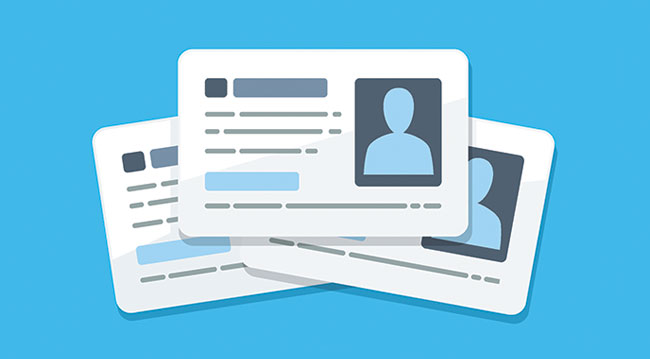What is a Director Identification Number (DIN)?
The Director Identification Number (director ID) is a unique identifier that a director will apply for once but will stay with a director for life, offering greater identity security. You will need a director identification number if you’re a director of a company or a corporate trustee of a self-managed super fund (SMSF), registered Australian body, registered foreign company or Aboriginal and Torres Strait Islander corporation. The objective is to prevent the use of false and fraudulent director identities.
How and when to apply for DIN?
Directors will be able to apply for a Director ID from November 2021 on the new Australian Business Registry Services (ABRS) online at https://www.abrs.gov.au/director-identification-number/apply-director-identification-number and log in using the myGovID app to complete the application process. Furthermore, they will need to provide proof of identity documentation to verify their identity. A director can choose to provide their tax file number when applying for a DIN, which should expedite the application.
myGovID is not the same as myGov. If you have provided identity information to set up a myGov account, you will have to do it again for a myGovId app.
Directors will need to apply for their director ID by themselves to verify their identity. No one can apply for it on their behalf. There is no fee to apply.
When will directors need to apply?
It is being phased in. When you need to have a director ID will depend on when you were appointed as a director. The table below illustrates this.

How director ID works?
A director ID is a 15-digit identifier given to a director (or someone who intends to become a director) who has verified their identity with ABRS.
Directors will only ever have one director ID. They’ll keep it forever even if they – change companies, stop being a director, change their name, move interstate or overseas.
Why you need a director ID?
All directors are required by law to verify their identity with ABRS before receiving a director ID. This is important because it will help to:
- prevent the use of false or fraudulent director identities
- make it easier for external administrators and regulators to trace directors’ relationships with companies over time
- identify and eliminate director involvement in unlawful activity, such as illegal phoenix activity.

